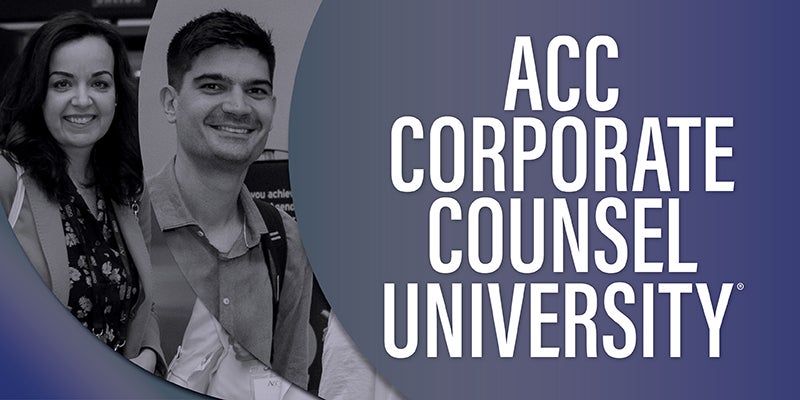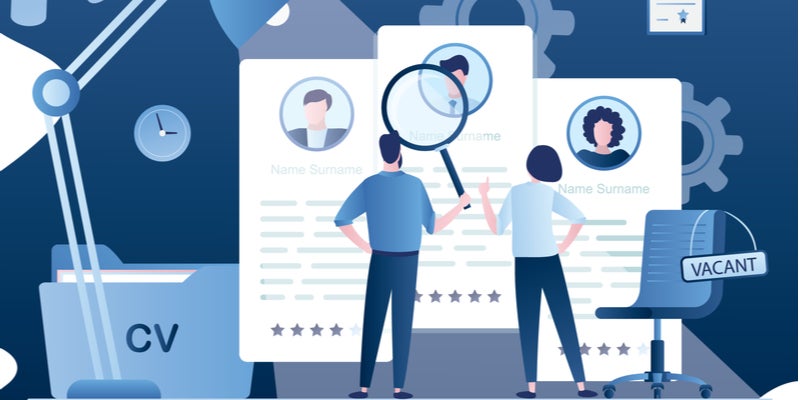ACC's signature Corporate Counsel University (CCU) is now specially tailored and available on-demand for European in-house lawyers.
This self-paced curriculum of 11 programmes is designed to provide an overview of the substantive practice areas and skill sets you need to know about to succeed in your role. CCU is designed for lawyers new to European in-house practice (less than five years), and those who simply wish to sharpen their basic practice skills.
**CPD/CLE credit is not currently available for this self-paced course. For more information, please contact cle-cpd@acc.com. **
This is a members-only product. Please log in to purchase.











